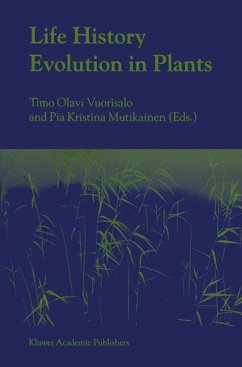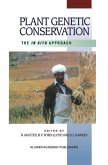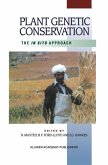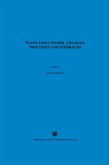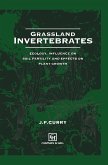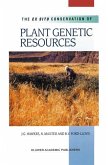"The lack of discussion of the life histories of modular organisms is the weakness of this book that I most regret. . . . Modular organisms are different. " S. C. Steams: The Evolution of Life Histories (1992) Life-history theory endeavours to increase our understanding of the processe,s whereby the broad features of the life cycles of organisms, such as the timing and magnitude of reproduction, have evolved. Although reproductive traits have dominated as study objects due to their immediate importance for evolutionary success, much work has also been conducted on patterns of development, growth and senescence, as well as on the shifts in resource allocation related to these processes. The basic axiom of life-history theory is that patterns of life histories, such as reproductive traits, are subject to evolutionary explanation. This idea can be traced back at least as far as Darwin's Origin of Species (1859). In his discussion of plant domestication, Darwin wrote: "I cannot doubtthat the continued selection of slight variations, either in the leaves, the flowers, or the fruit, will produce races differing from each other chiefly in these characters". Darwin was impressed by the success of plant breeders in moulding the growth and reproductive parameters of cultivated plants, and believed that natural selection could have a similar impact in natural populations.
Hinweis: Dieser Artikel kann nur an eine deutsche Lieferadresse ausgeliefert werden.
Hinweis: Dieser Artikel kann nur an eine deutsche Lieferadresse ausgeliefert werden.
'[...] I found this book to be a useful refresher course on aspects of plant life history evolution that I had not considered for a while, and an excellent introduction to some topics about which I knew little. I recommend this book to postgraduate students (in the more affordable paperback edition) and to established researchers. It's a useful resource to allocate to your personal or institutional library.'
Plant Systematics and Evolution, 232 (2002)
Plant Systematics and Evolution, 232 (2002)

